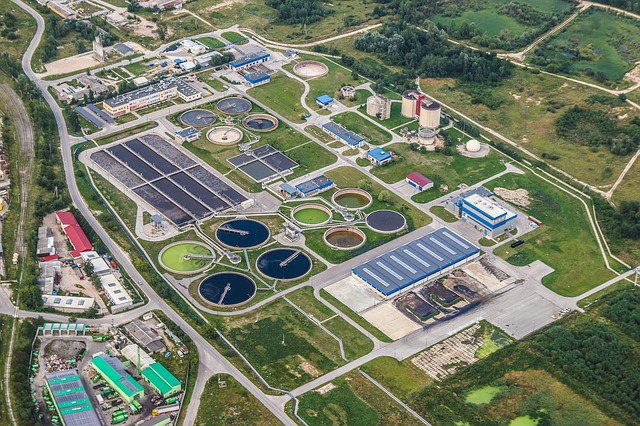MEPs want more efficient treatment and reuse of urban wastewater.
- September 27, 2023
- Posted by: Sinead Sprigg
- Category: Environmental, Water Issues, Water Treatment, Europe

Environment Committee MEPs adopted their position on new rules for the collection, treatment and discharge of urban wastewater to better protect the environment and human health.
The report was adopted with 60 votes in favour, 10 against and 6 abstentions.
Increase the reuse of treated wastewater
MEPs underline the importance of reusing treated wastewater from all urban wastewater treatment plants, especially in water-stressed areas, as well as in industrial processes and district and cooling systems. Unless already part of national water strategies, MEPs also want EU countries to put in place “water savings and reuse plans”.
Better monitoring of wastewater content
MEPs want member states to strengthen the monitoring of various elements at the inlets and outlets of urban wastewater treatment plants, including numerous pollutants, microplastics and so-called “forever chemicals” (per- and polyfluoroalkyl substances or PFAS). The report also insists on monitoring the presence of various public health parameters in wastewater (such as the SARS-CoV-2 virus and its variants, influenza viruses, E-Coli, legionella, antimicrobial resistance, as well as any future pathogens during public health emergencies).
Polluters must pay
MEPs agree to set up a system of extended producer responsibility (EPR) targeting medicinal products for human use and cosmetic products, which have been identified as the main sources of micro-pollutants in urban wastewater and require additional treatment. The report foresees that EPR schemes may be complemented by up to 20% national financing for the upgrade of urban wastewater treatment plants in order to avoid unintended consequences on the availability, affordability and accessibility of vital products, in particular medicines.
Other provisions put forward by MEPs include:
- enlarging the scope of the current directive to ensure that all agglomerations with more than 750 inhabitants are connected to domestic wastewater collecting systems by the end of 2032;
- eliminating greenhouse gas emissions in the sector by progressively increasing the share of renewable energy used each year by wastewater treatment plants (55% by end of 2033; 75% by end of 2036 and 100% by end of 2040);
- calling on the Commission to come up with a legal obligation to install microfiber filters for new washing machines at EU level by 31 December 2027.
After the vote, rapporteur Nils Torvalds (Renew, FI) said: “This is a big step towards cleaner water in Europe! With climate change, we are faced with great challenges around water and we need to make sure we manage our water resources well. With eutrophication, micro-pollution and droughts, every drop counts.”
Next steps
Parliament is scheduled to adopt its negotiating mandate in its October I plenary session. Talks with national governments on the final form of the law can start once the Council has adopted its position.
Background
In October 2022, the Commission tabled a proposal to revise the urban wastewater treatment directive, aligning it with EU’s policy objectives on climate action, circular economy and pollution reduction. The legislation is one of the key initiatives under EU’s zero pollution action plan for air, water and soil.
